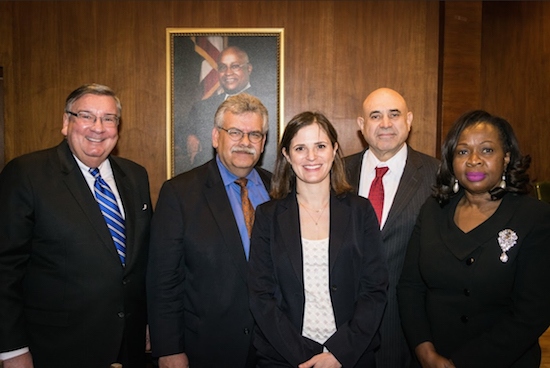Brooklyn Bar Association discusses wrongful convictions and actual innocence

When Ken Thompson took over as district attorney in Brooklyn in 2014, he immediately set up a Conviction Review Unit. Since its inception, there have been an unprecedented 19 convictions overturned.
As a result, debate about “actual innocence” has been at the forefront of the legal community and it was the topic of discussion at the Brooklyn Bar Association’s Continuing Legal Education (CLE) lecture Wednesday night.

Brooklyn Boro
View MoreNew York City’s most populous borough, Brooklyn, is home to nearly 2.6 million residents. If Brooklyn were an independent city it would be the fourth largest city in the United States. While Brooklyn has become the epitome of ‘cool and hip’ in recent years, for those that were born here, raised families here and improved communities over the years, Brooklyn has never been ‘uncool’.